Key Takeaways
- Sleep and Immune System: Adequate and quality sleep plays a crucial role in boosting the immune system’s ability to fight off infections. With the ongoing threat of the coronavirus, it is vital to understand that a strong immune system can aid in reducing the severity of the illness and promote quicker recovery. Prioritizing sleep is an effective way to bolster the body’s natural defense mechanisms.
- Impact of Sleep on Immune Function: Sleep directly impacts the immune system’s ability to identify and neutralize harmful invaders, such as viruses, parasites, bacteria, and fungi. Lack of sufficient sleep can weaken the immune response, making the body more susceptible to infections. Quality sleep aids in the production of essential proteins like cytokines, which assist the immune system in targeting specific pathogens.
- Recommendations for Better Sleep: Implementing healthy sleep practices can significantly contribute to improving overall well-being and immune health. Strategies such as maintaining a consistent sleep schedule, creating a conducive sleep environment, avoiding electronic devices before bedtime, and managing stress levels are essential for ensuring adequate and restful sleep.
As US health officials scramble to understand the coronavirus (COVID-19) better, many Americans are left wondering how best to protect themselves. In addition to washing your hands with hot water and soap, avoiding contact with those who are sick, and frequently disinfecting commonly touched surfaces, one of the best ways to protect against this virus is to boost your immune system. Since sleep is a natural immune booster, getting a good night’s rest is one way you can protect yourself.
Editor-in-chief and Certified Sleep Science Coach, McKenzie Hyde notes, “Although we don’t know much about the coronavirus right now, we do know that if you’re healthy, you’re more likely to fight off the virus. If you do contract it, a strong immune system will reduce the severity of the illness and help you recover quickly. When it comes to your immune system, one of the most important things you can do to keep it functioning properly is to get a full 7 hours of sleep each night.”
As of August 30th, 2024, there are more than 216 million confirmed cases of the coronavirus and over 4.5 million deaths worldwide. As the number of cases in the US increases, we must do what we can to increase our resistance. Sleep is not a cure for the coronavirus, but it can help give the immune system the boost it needs to fight off infection. As we consider how best to guard against the coronavirus, it’s helpful to remember the basic building blocks of health, of which sleep is a vital component. To better understand why that is, let’s take a look at how sleep impacts your immune system.
How Your Immune System Works
You’ve probably noticed that your sleep needs increase whenever you’re sick. The reason for this is because sleep directly impacts your immune system and your ability to fight off infection. As you rest, you are helping to make your body whole and healthy again. Your immune system works to fight against harmful germs. It also helps to fight against changes within the body, such as cell-mutation (cancer).
With exposure to viruses, parasites, bacteria, and fungi, studies on the immune system Verified Source National Library of Medicine (NIH) World’s largest medical library, making biomedical data and information more accessible. View source identify harmful invaders and attempt to neutralize them. Once the immune system recognizes a toxin, it develops antibodies designed to fight off each specific invader. For each virus your body fights off, the immune system develops antibodies so it can fight against this invader again. Antibodies are the reason we only fight against certain viruses, such as chickenpox, once in our lives. This process is also how vaccines work. The vaccine will create the antibody and trigger an immune response. This response kills the virus post-exposure.
Sleep and Your Immune System
When everything is working correctly, and your body is in an overall healthy state, the immune system is more likely to ward off sickness. But since the immune system connects to your central nervous system, changes elsewhere in the body, such as a lack of sleep or excessive stress, can impact immune function. A lack of sleep Verified Source Cleveland Clinic Ranked #2 hospital by U.S. News & World Report and one of the largest academic medical centers in America. The Cleveland Clinic serves patients from all over the world. View source causes negative effects throughout the entire body, so the immune system will not work as efficiently when you are sleep deprived.
Additionally, sleep affords the immune system the chance to recoup and reevaluate how best to attack invaders. Without enough sleep, it will have a difficult time developing antibodies and keeping up defenses.
SEE MORE: If your mattress is preventing you from getting the sleep you need, check out the best mattresses of 2024.
Sleep Increases Immune System Response Time
A good night’s sleep also improves the immune system’s response time. When we cycle through all four stages of sleep, stage 1 through REM, each stage performs specific functions that are important for proper health. One of those functions is the production of the protein cytokine, Verified Source National Library of Medicine (NIH) World’s largest medical library, making biomedical data and information more accessible. View source which helps the immune system respond to harmful pathogens. Cytokines increase cell to cell communication, enabling the immune system to direct antibodies towards specific infections.
If we don’t cycle through all four stages of sleep at least five times each night (7 to 8 hours of sleep), we may produce less cytokine. Without this vital protein, the immune system doesn’t have one of the vital ingredients it needs to fight off viruses.
The importance of sleep cannot be understated. According to sleep researcher Professor Drew Dawson, PhD, “Sleep is nature’s way of keeping us healthy. Sleep helps build the barriers that protect us against infection, inflammation, and disease. Ignore it at your peril.”
Sleep Increases T Cell Production
T Cells (white blood cells) also play a vital role in immune function. These cells help the immune system attack and destroy harmful cells. New research now shows that sleep can improve your T Cell’s ability to fight off invaders. Study participants who slept a full 7 to 8 hours had a greater T Cell activation, while those who lost 2 hours of sleep had a significant reduction in T Cell function. Sleep loss slowed down T Cell response time–making it possible for infections to get past defensive barriers.
How To Get Better Sleep
Adequate sleep is vital to keeping your immune system healthy. But many Americans intentionally put off rest in favor of work, social media, or entertainment, which will ultimately hurt your immune system. Below, we include some helpful tips that will make it easier to find a full 7 to 8 hours of sleep each night.
- Avoid electronic light (blue light) at least 2 hours before bedtime. The light from electronic screens can interfere with melatonin production–making it difficult to fall asleep.
- Alternatively, consider using “night shift” or the anti-blue light feature on your device. This has proven to be effective and enables you to use your devices closer to bedtime.
- Be sure you are sleeping on a comfortable and supportive mattress. Trying to find adequate sleep on a broken-down, sagging mattress can make suitable rest difficult to come by.
SEE MORE: Need a comfortable pillow to help get you a goodnights sleep? Check out our Comfort Classic, designed with eco-friendly Bio-Pur® to offer cleaner, more hygienic sleep.
- Create a set bedtime and wake up time. This schedule will help maintain your body’s natural circadian rhythm.
- Avoid caffeine at least 6 to 7 hours before bed. This stimulant can keep your brain active and prevent sleep.
- Destress before bed with journaling or breathing exercises. The cortisol hormone (stress hormone), can prevent relaxation and make it difficult to fall asleep.
- Keep your bedroom cool and comfortable, between 60 and 67 degrees.
- Declutter and remove any stress triggers from your sleep space.
- Keep your bedroom dark by using blackout curtains, blinds, or eye masks.
The CDC’s Recommendations for Protecting Against the Coronavirus
In addition to boosting your immune system with sleep, the CDC Verified Source Centers for Disease Control and Prevention (CDC) The United States’ health protection agency that defends against dangers to health and safety. View source recommends the following precautions to ward off the coronavirus.
- Frequently wash your hands with soap and water for at least 20 seconds or use hand sanitizer with at least 60 percent isopropyl alcohol.
- Avoid touching your eyes, mouth, or nose.
- Avoid contact with individuals who are sick or those who show symptoms of the virus.
- Put distance between yourself and others if the virus is present in your community.
- Stay home if you are sick or have symptoms of the coronavirus.
- Use a tissue to cover your nose and mouth if you need to cough or sneeze, throw away used tissues immediately, and wash your hands.
- Wear a facemask if you are sick or if you are caring for someone who is ill.
- Clean and disinfect frequently touched surfaces daily–such as tables, doorknobs, light switches, countertops, desks, phones, handles, keyboards, toilets, faucets, and sinks.
FAQs
The panic over the coronavirus has caused misinformation to circulate. To help you better understand the facts, we include answers to some of your most pressing questions below.
Can Cold Weather Kill the Coronavirus?
There is no evidence to suggest cold weather can kill the coronavirus or any other disease. According to WHO, Verified Source World Health Organization (WHO) United Nations agency whose stated goal is to improve the health of all. View source the internal body temperature of a healthy individual will remain between 97 to 99 degrees Fahrenheit regardless of the external temperature.
Can You Get the Coronavirus Through Food?
Current evidence Verified Source Centers for Disease Control and Prevention (CDC) The United States’ health protection agency that defends against dangers to health and safety. View source suggests the coronavirus spreads from person-to-person through respiratory droplets. There is no evidence to suggest transmission can take place through food.
Does the Coronavirus Only Affect Older Adults?
Anyone can contract the coronavirus, but the CDC notes those over 60 and those with underlying health issues do have a higher risk of becoming seriously ill. Therefore, these individuals should avoid large crowds.
Can the Coronavirus Be Transmitted Through Goods Manufactured in China or Other Affected Countries?
The coronavirus can remain on a surface for a few hours or up to several days. Still, it is unlikely the virus can persist on a surface that has been moved or exposed to different conditions and temperatures.
Should I Wear a Facemask Even If I’m Not Sick?
The CDC does now recommend that you wear a facemask when in indoor public places. If you are infected, show symptoms of infection, or are caring for someone who is infected, you should avoid the public if at all possible and wear a facemask if you need to go out.
Can Pets Spread the Coronavirus?
There’s no evidence to suggest pets, such as cats or dogs, can become infected with the coronavirus. However, it is best to avoid close contact with animals if you do become sick. You should also be sure to wash your hands with soap and water after contact with pets.
Can Antibiotics Prevent or Treat the Coronavirus?
Since the coronavirus is not a bacteria, antibiotics are not an effective means of treatment. However, WHO notes some patients hospitalized for the coronavirus may receive antibiotics since co-infection is possible.
The growing concern over the coronavirus is understandable. Fortunately, health officials are working hard to provide more answers and slow the spread of the virus. As you prepare to protect yourself and your family, remember, sleep is one of the best things you can do to boost your immune system and arm against infection.
About the author
April Mayer is a sleep expert and writer with a degree in exercise physiology. She has dedicated her career to exploring the relationship between sleep and productivity. Her insightful articles, such as "The Surprising Way Your Mood Might Be Messing With Your Productivity" and "Wake Up to More Productive Mornings," have been featured in reputable publications like Forbes, Greatist, Real Homes, Thrillist, Tom's Guide, and Eat This, Not That. With a passion for helping others lead more productive lives through restful sleep, April offers valuable expertise on foods and vitamins for better sleep. As a trusted member of the Early Bird team since March 2020, she continues to provide informative and well-researched content.
View all postsComments (2)
Comments are closed.
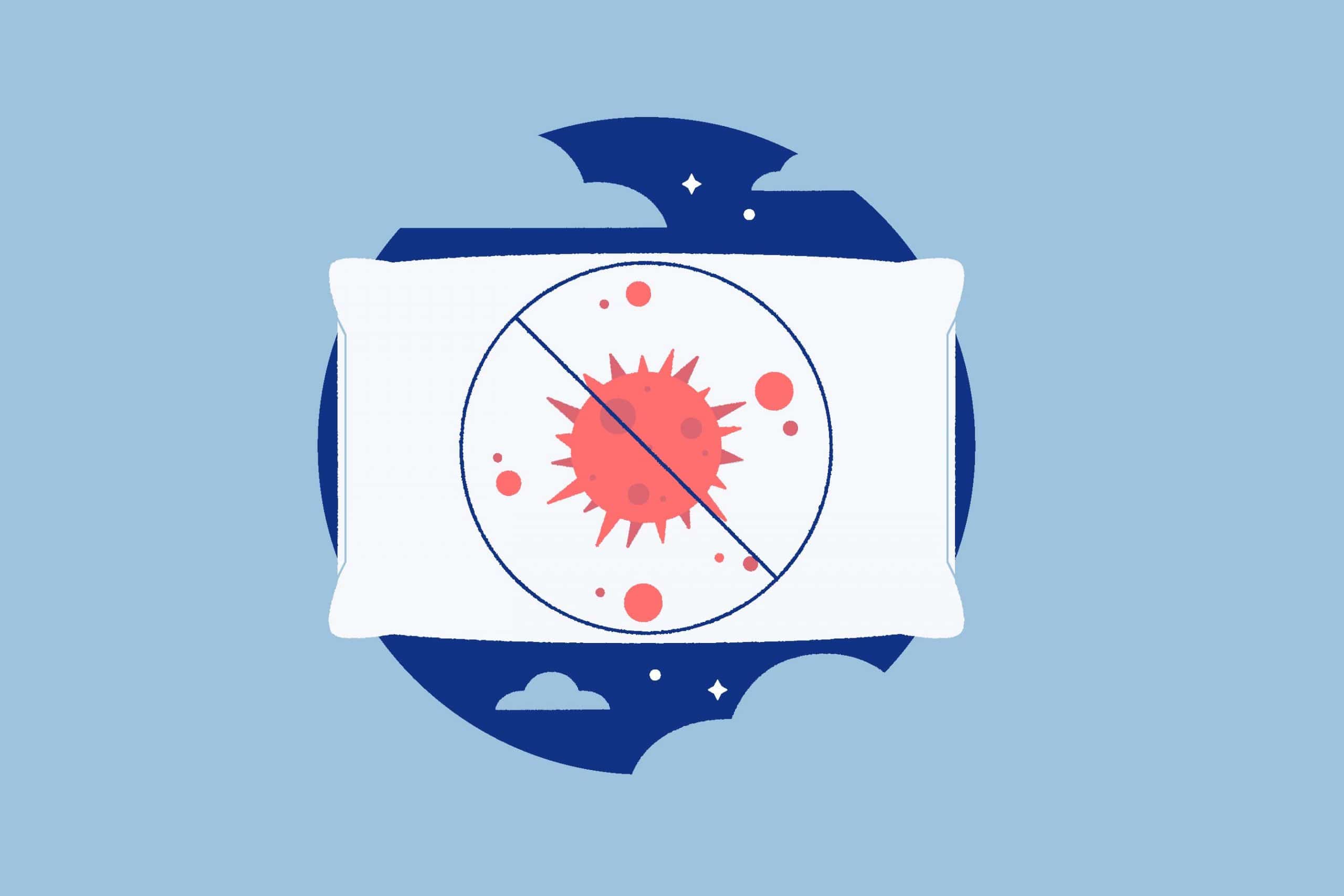


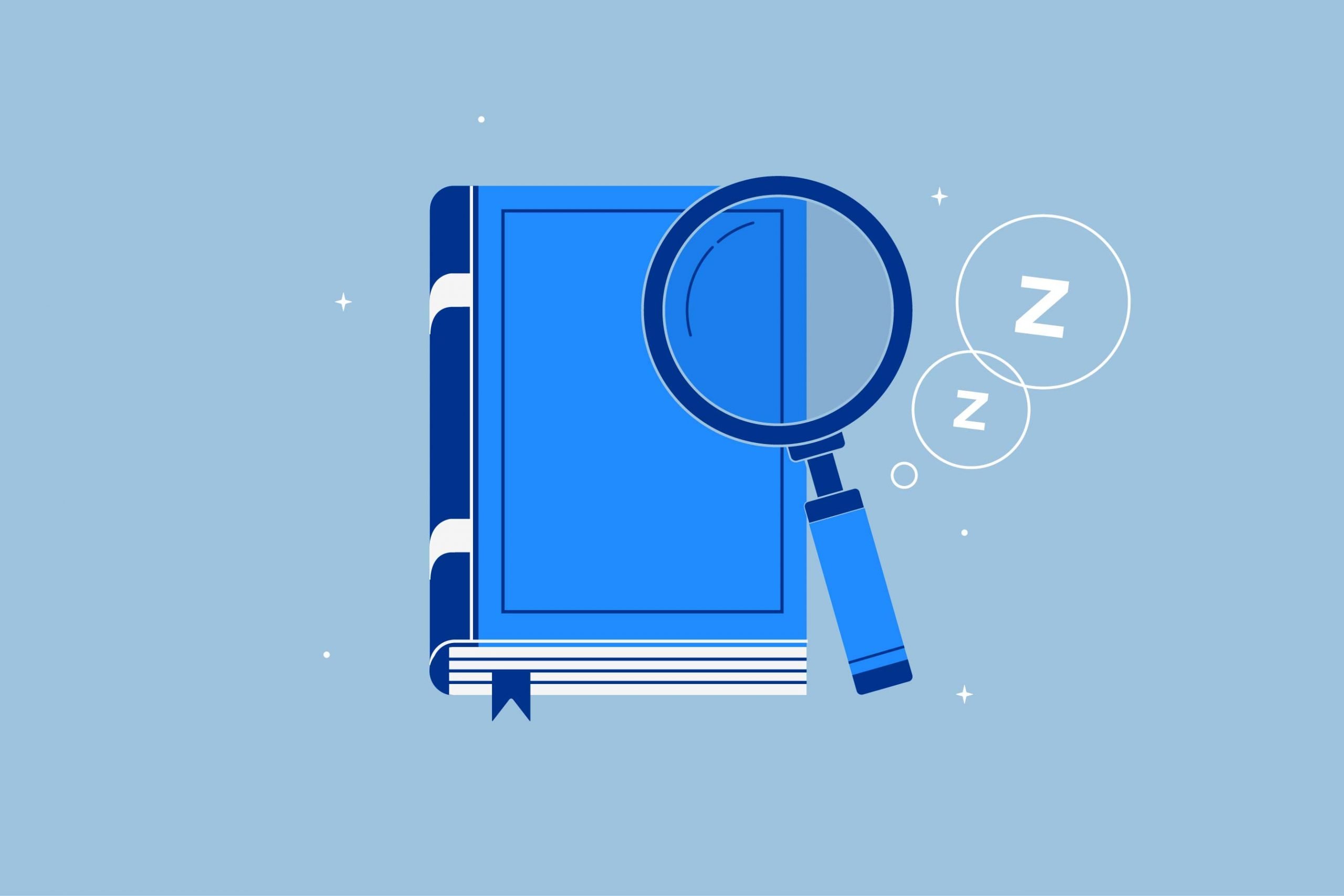
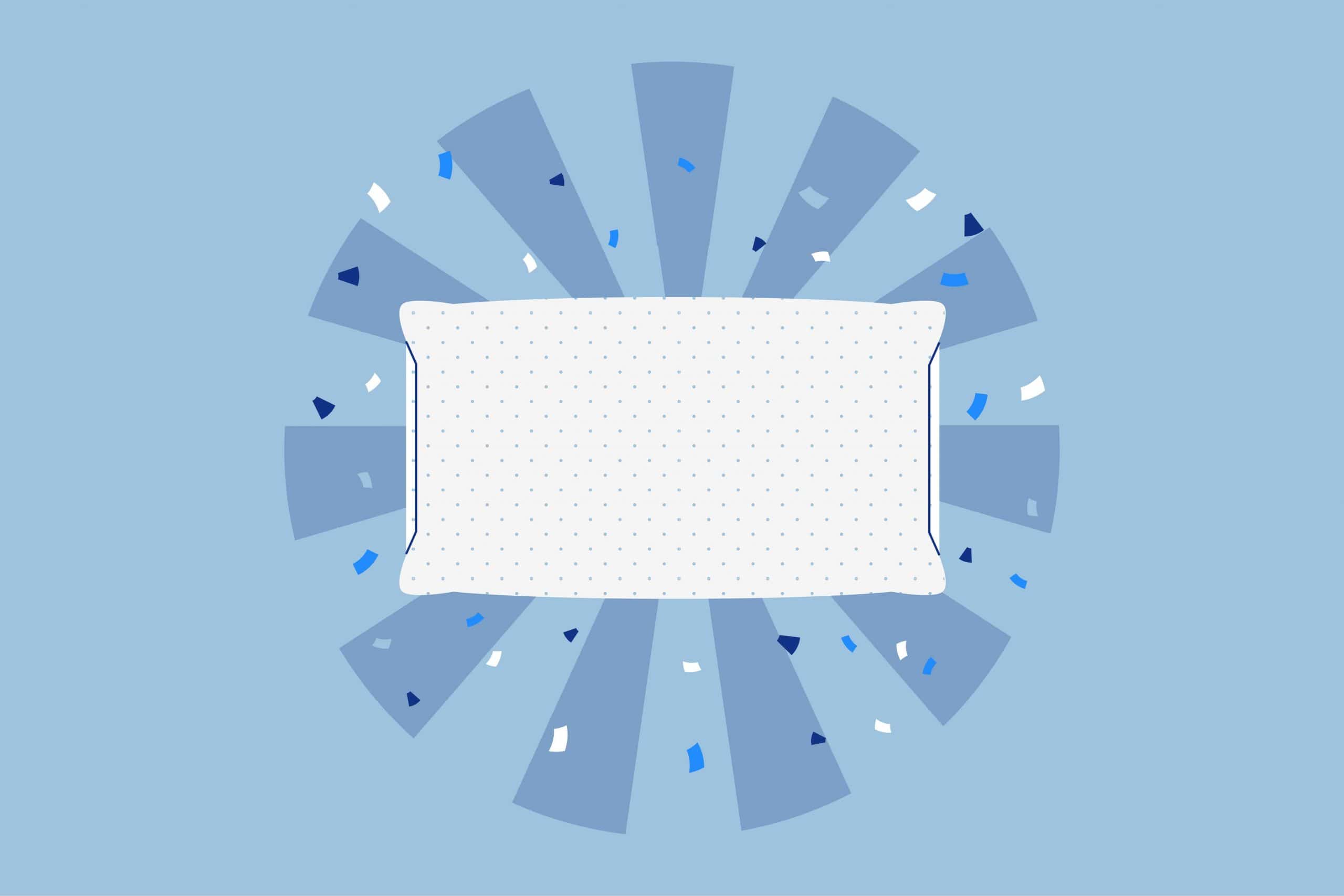
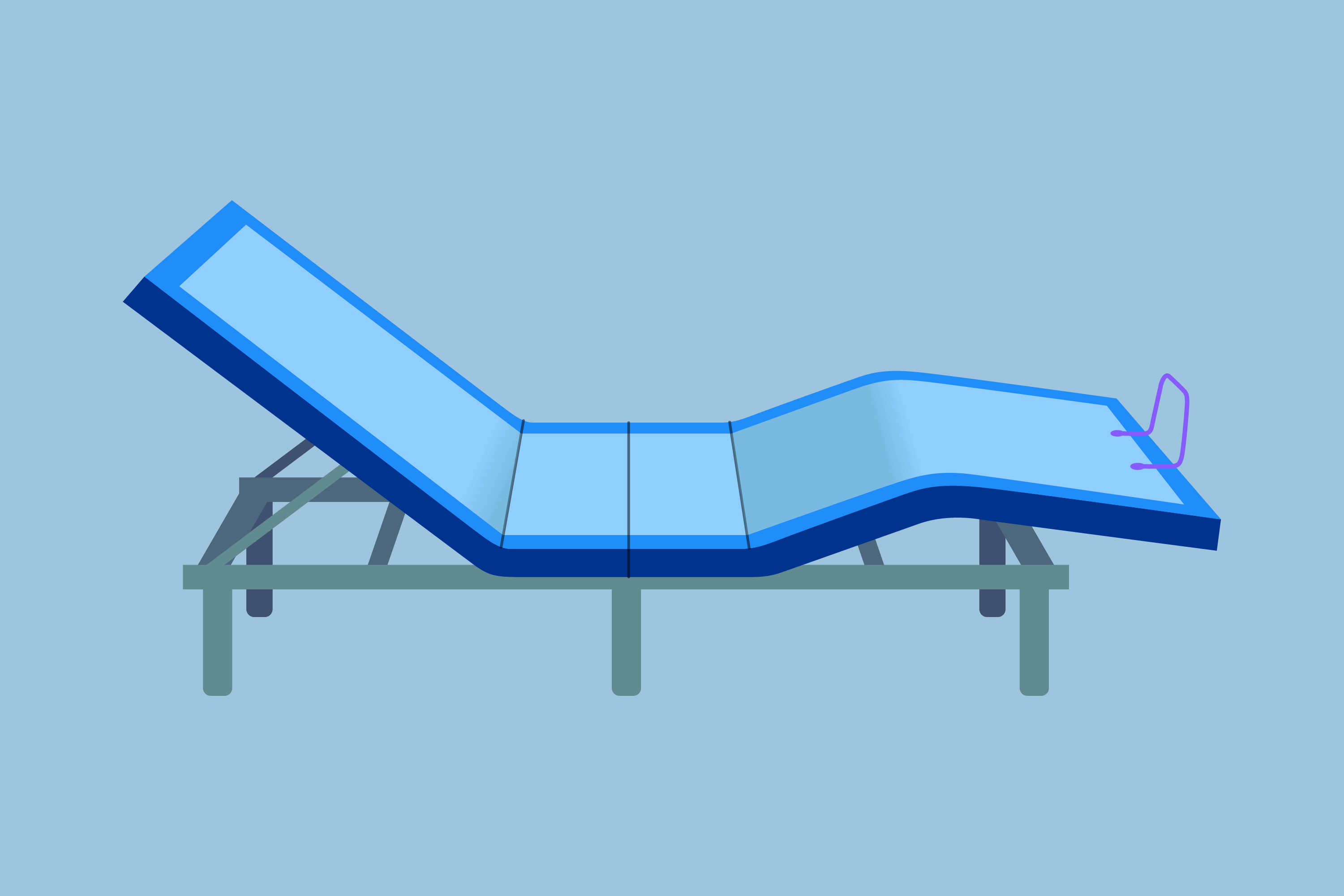
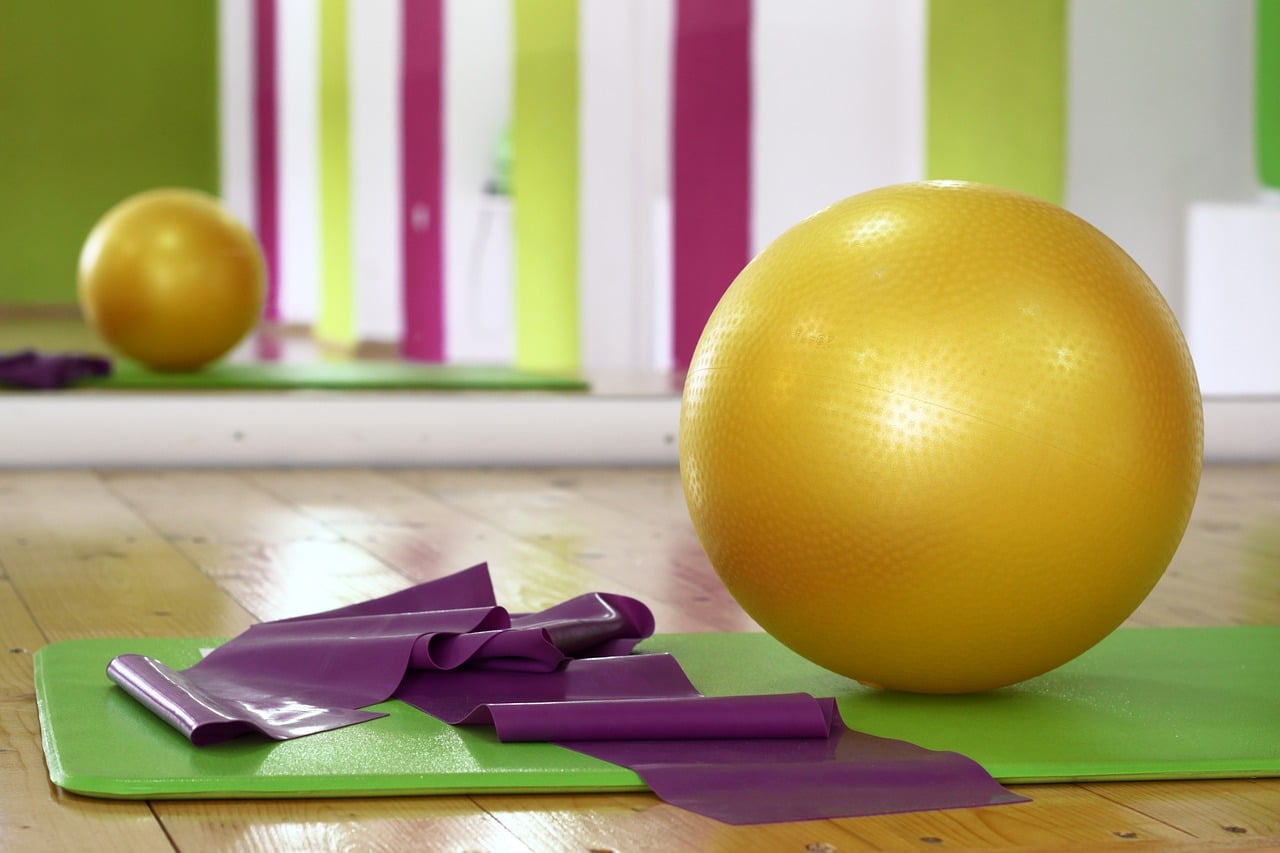
I take a nap in the afternoon and sleep at night 7 to 8 hours is this ok ?
Hi Steve,
Thanks for reaching out to us! While we can’t definitively say yes or no because our advice is no substitution for genuine medical advice, there should be no issue with a mid-day nap as long as you’re getting a healthy sleep at night and clocking 7 to 9 hours of shut-eye each day.
If you’re concerned about the amount of sleep you’re getting, or you’re waking up from naps or after a night of sleep feeling fatigued and unrested, we suggest talking with your doctor or a sleep specialist. They’ll be the best resource for pinpointing sleep troubles and game-planning methods for improving your night’s rest.